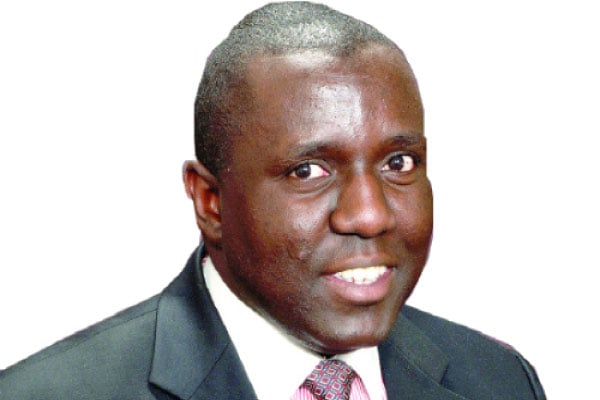Prime
How would it play out if Ugandan voters went tribal?

Author, Benjamin Rukwengye. PHOTO/FILE.
What you need to know:
Tribe or nationalism doesn’t always manifest in how and why we vote but it eventually will – because it manifests in how we eat
There was a brief moment on Monday afternoon, when the Presidential election in Kenya almost descended into what many had feared. But it didn’t and hasn’t yet – thankfully. We can only hope it stays that way – for both Kenya’s and Uganda’s sake.
If the courts – as Azimio seems to indicate entry via that route – maintain the status quo, it will also mean that all of Kenya’s five presidents up-to-date have come from two tribes, out of over 40 tribes. This is as important as it is interesting in a country which largely votes, not on issues but mostly on tribes.
For avoidance of doubt, they are nations and not really tribes in the loose and shallow manner in which we refer to them. It is not something many young Ugandans notice or deal with until they have to interact with their friends’ parents. Not the same for Kenyans.
One evening while walking in Kikoni, Makerere, a friend whose family lived in Eldoret, Kenya, stopped to greet another student – a Kenyan. Because of Eldoret, it was generally assumed among the Kenyan community that he was Kalenjin.
My Swahili doesn’t go far beyond popular song lyrics so I didn’t pick up on the conversation. It was after we had left that my friend retold how they had asked what tribe I am, when I got introduced. Adding, “Tribes are a huge thing for Kenyans, mahn!”
I would love to say that, that is not a “problem” Uganda suffers but not quite. Tribe or nationalism doesn’t always manifest in how and why we vote but it eventually will – because it manifests in how we eat.
It is actually not clear why Ugandans vote for who they vote for because we don’t really have fundamental belief systems outside of patronage.
More recently, we have seen from Gen Benon Biraro, for example, that a good manifesto will get you no more than several thousand votes. We also know from Gen Mugisha Muntu that principles count for no more than less than 1percent percentage points. However, if you have goodies to dispense, your record and views on human rights and corruption will be wiped off the slate – even by religious leaders.
It is evident that our checkered political history and years of upheaval allowed us to coalesce around common interests – enemies – if you like but without building deep enough value systems to stay the course of anything. So, what we have cultivated are marriages of convenience which start and end with eating. But because we love to pretend, we prefer to move in silence. This is really thanks – or not – to the fact that unlike the Kenyans, we have not changed government in five years which means the trough has only been controlled by one person and group. We’ll lose our morals if and when we change governments a couple of times.
For this to happen, it would also require negating the role of religion, which outside of the army, is our ‘deep state’. So, let us assume that those two variables are not constant for us in the same way that they aren’t in Kenya. How would Uganda shape up in that instance? Does Buganda as a voting block make actual alliances that deliver Federo? How then does that reshape politics and economics and service delivery in other parts and regions of the country?
How do ethnic groups with smaller numbers negotiate for their share of the cake? Do they coalesce or go at it alone? Are their interests homogenous? How do they develop the required levels of trust to guarantee that everyone wins in some way. For the underpopulated ethnic groups, results have been really mixed in Kenya as you can see.
The two largest groups have switched the presidency between themselves for the last 50+ years. The question is how come the others haven’t done an ‘us against them’?
Do things actually and eventually change for and in Karamoja? Do we see improved standards of learning and education across the board? A healthy system that actually works? Specialized economic activities that enable regions to focus on what gives them advantage? Jobs, incomes and opportunities that are based on egalitarianism rather than they are on patronage? These things haven’t really worked for and in Kenya – at least kwa ground – but they have the biggest economy around here, which puts them ahead of the queue. So, maybe.
Mr Rukwengye is the founder, Boundless Minds.
@Rukwengye




